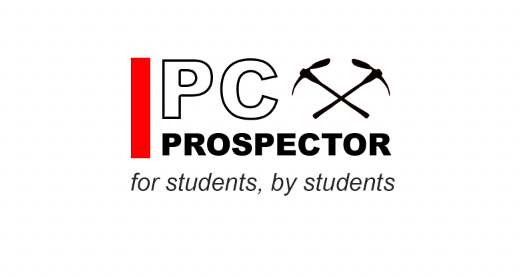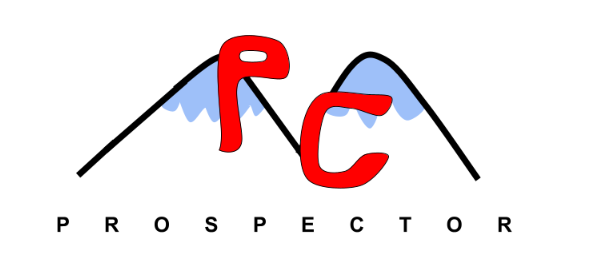PCHS Ethics Bowl Team Qualifies for Nationals

The Park City High School Ethics Team qualified for the National High School Ethics Bowl (NHSEB), beating a team from Colorado after winning the regional competition in early February.
The PCHS Ethics Bowl team that qualified is comprised of seniors Max O’Reilly, Emma Stockwell, and Tom Perret. It is one of the 36 teams set to take part in the 2021 NHSEB, which will take place on April 10th and 11th. Although previous PCHS teams have qualified for the prestigious event, none have ever won.
To qualify, teams progress through multiple levels of rigorous competition. Over 500 nationwide teams competed in regional Ethics Bowls, whose thirty-six winners were then given the opportunity to compete in the NHSEB.
For the PCHS team, an additional playoff round was needed to qualify. Senior Max O’Reilly describes the path he took towards qualification; “I took the Ethics class my junior year, and then went to the regional ethics bowl last year and this year. We won the regional ethics bowl in early February, and then as a result we went to this [playoff], which was a more state-level competition. We competed against a team from Colorado and won the round, which got us to the nationals.”
Teams participating in Ethics Bowl competitions converse and share their viewpoints on ethical dilemmas, called cases, that often relate to current events and ongoing debate. Unlike traditional debate, Ethic Bowl rounds include two teams presenting the solution that they think is ethically correct, without being assigned to argue opposing views. Teams win by engaging in discourse respectfully and collaboratively and demonstrating that they have carefully put thought into the case.
According to the official NHSEB website, this “teaches and promotes ethical awareness, critical thinking, civil discourse, civic engagement, and an appreciation for multiple points of view in students.”
O’Reilly describes the structure of a typical round; “Every round there’s an A team and a B team. The A team presents first; they have six minutes of presentation where they answer the questions in the case and present what moral framework they’re going to use. Then, the B team, in response to that, has three minutes to respond to what they’re saying, and then the A team has another three minutes to respond to their responses. And then the two roles flip; the B team presents, the A team responds, the B team responds to their responses. After the B team responds, there’s a 10 minute questioning period for every team where the judges ask them questions.”
As is the case with every competitive activity, the higher you move up the ranks of competition, the harder the competition gets. This is especially true of the NHSEB, where thirty-six regional winners make for formidable opponents.
O’Reilly acknowledges this, saying, “Nationals – it’s going to be way harder because a lot of people have a way more nuanced understanding of ethics and morality and how those theories interact with each other. Compared to more local competitions, most people just read one moral theory and they think they know everything about it, so it’ll be a lot harder for sure and we’ll have to be a lot more nuanced with our arguments and the type of analysis that we make.”
This year, due to COVID-19, the competition will be held online via zoom. But according to O’Reilly, this change has not affected the Ethics Bowl much, with its core aspects mostly preserved. He says the teams prepare and compete in the same way, with the only drawbacks being the occasional technical difficulty.
When asked about the difference the online format makes on rounds of competition, O’Reilly said, “They’ve been a little different. It’s just over Zoom, so it’s a little more interesting.”

As of 2019, 327 high schools across the nation have an Ethics Bowl team, which itself is a relatively novel concept; its inaugural national competition was held seven years ago.
The NHSEB’s official website states, “By engaging high school students in intensive ethical inquiry, the NHSEB fosters constructive dialogue and furthers the next generation’s ability to make sound ethical decisions.”
O’Reilly confirms the positive effects participating in the activity has had on him and encourages anyone who wishes to join to do so.
“I think it’s helped me think about stuff more, because it’s a really educational activity, knowing about morality and being able to talk with other people about the way they evaluate decisions and the way that they think about that sort of stuff.”, O’Reilly said.





